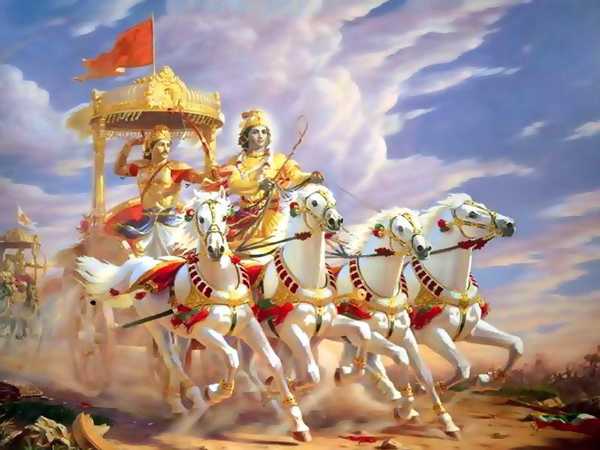Chapter 62

“Vidura said,–“Gambling is the root of dissensions. It bringeth aboutdisunion. Its consequences are frightful. Yet having recourse to this,Dhritarashtra’s son Duryodhana createth for himself fierce enmity.
Thedescendants of Pratipa and Santanu, with their fierce troops and theirallies the Vahlikas, will, for the sins of Duryodhana meet withdestruction. Duryodhana, in consequence of this intoxication, forciblydriveth away luck and prosperity from his kingdom, even like an infuriatebull breaking his own horns himself. That brave and learned person whodisregarding his own foresight, followeth, O king, (the bent of) anotherman’s heart, sinketh in terrible affliction even like one that goeth intothe sea in a boat guided by a child. Duryodhana is gambling with the sonof Pandu, and thou art in raptures that he is winning. And it is suchsuccess that begeteth war, which endeth in the destruction of men. Thisfascination (of gambling) that thou has well-devised only leadeth to direresults. Thus hast thou simply brought on by these counsels greataffliction to thy heart. And this thy quarrel with Yudhishthira, who isso closely related to thee, even if thou hadst not foreseen it, is stillapproved by thee. Listen, ye sons of Santanu, ye descendants of Pratipa,who are now in this assembly of the Kauravas, to these words of wisdom.Enter ye not into the terrible fire that hath blazed forth following thewretch. When Ajatasatru, the son of Pandu, intoxicated with dice, givethway to his wrath, and Vrikodara and Arjuna and the twins (do the same),who, in that hour of confusion, will prove your refuge? O great king,thou art thyself a mine of wealth. Thou canst earn (by other means) asmuch wealth as thou seekest to earn by gambling. What dost thou gain bywinning from the Pandavas their vast wealth? Win the Pandavas themselves,who will be to thee more than all the wealth they have. We all know theskill of Suvala in play. This hill-king knoweth many nefarious methods ingambling. Let Sakuni return whence he came. War not, O Bharata, with thesons of Pandu!’




